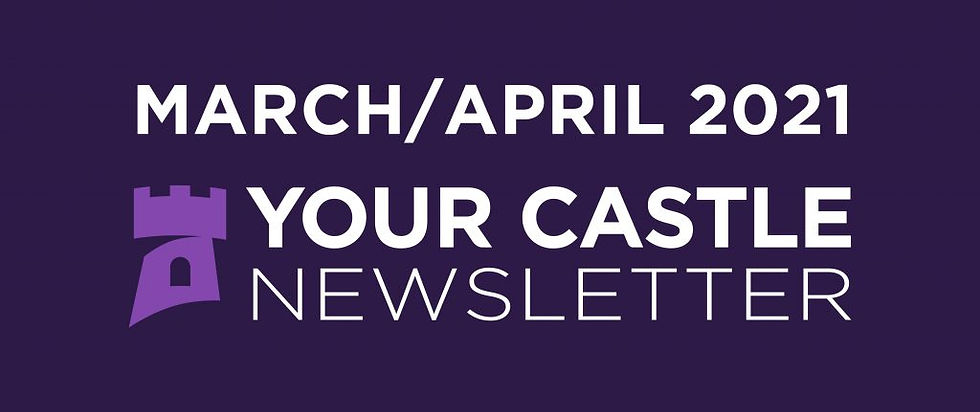What is House Hacking?
- Chelsea Steen

- Aug 4, 2022
- 3 min read
What is House Hacking? It's the sexiest term to hit the real estate industry since “fix-and-flip”. So, what is all the hype about?
Let’s set the stage by acknowledging that there are many ways to invest in real estate. For example - House Hacking, Fix-and-Flip, BRRRR, Short-Term Rentals, Long-Term Rentals, etc. All of these methods refer to either how you will obtain the real estate investment and/or what you will do with that investment. Before I tell you the beauty of House Hacking, let this be known.. YOU SHOULD BE INVESTING IN REAL ESTATE. There will be more blog posts on this statement, but I want to make it crystal clear that I do not actually care HOW you invest in real estate, I just want you to invest. Period.

Now for the good stuff..
House Hacking is simple. Buy a house. Move into the house. Rent a portion of the house to cover some/all of your mortgage payment. Optional: rinse and repeat (1 year+ later). The difference between House Hacking and other mentioned methods of investing is the cost. House Hacking is one of the cheapest methods of getting started with investing in real estate which can also result in one of the highest ROI's (return on investment).
When you purchase a property that you will not occupy as a primary residence, you will be required to put a minimum of 20-25% down on the home, and you will be charged 0.75-1.5% more in an interest rate. When you purchase a home as a primary residence (as you would with house hacking), you can put as little as 0-5% down and may receive a more favorable interest rate. And get this.. generally when you buy a primary residence, you only promise the lender to live there for 1 year. After that 1 year, you can go do it again. You can buy a new primary residence, again put 3-5% down and get a lower interest rate than if you were purchasing a rental property and not moving into it. You then move into the new house, house hack it again (optional), and rent out the previous home.
So what does this look like in real life? Here are 2 quick examples.
1. Rylan. My best friend and client.
a. Buys a primary in 2019. Rents out the basement unit to 2 people, splits the upstairs unit with his girlfriend. Covers most of his mortgage. He sets this rental income money aside for his next down payment.
b. Buys a new primary in 2020 with the money he made from the rental income. Rents out the first home in full and makes $1500/month OVER his mortgage payment. Moves into new home, rents out the basement unit and lives upstairs with his girlfriend. Between what he is netting on the first house and the rental income he is collecting on the new house, he pays $0/month in living expenses. Instead, he lives for free while other people pay down his $900k in assets he just collected in 13 months, using very little of his own money.
2. Alison. A great friend and client.
a. Buys a primary in 2018. Converts 1 car garage into a studio apartment and rents it. Has the rest of her 3 bedroom home for herself and her partner. Only pays $600/month towards her mortgage out of her own pocket. The rental income she has collected will now allow her to buy another home in the Spring so she can create a scenario very similar to Rylan.
One of the potential drawbacks of House Hacking is the chance that you will give up some privacy, provided that you will also be living in the home. However, in the 2 scenarios I just described, the only shared space is the backyard. There are plenty of opportunities in the Greater Denver Area specifically, where you can purchase a property that is already set up (or close to) as 2 separate units.
Are you interested in learning more or discussing if this may be a good form of investing for you or someone you know? Attend one of my classes on House Hacking. Call me. Text me. Email me. Slide into my dm’s. But whatever you do, make sure you get in touch.
740-334-9898
Class information can be found on my Facebook page:
@chelseasteenrealtor

















Comments